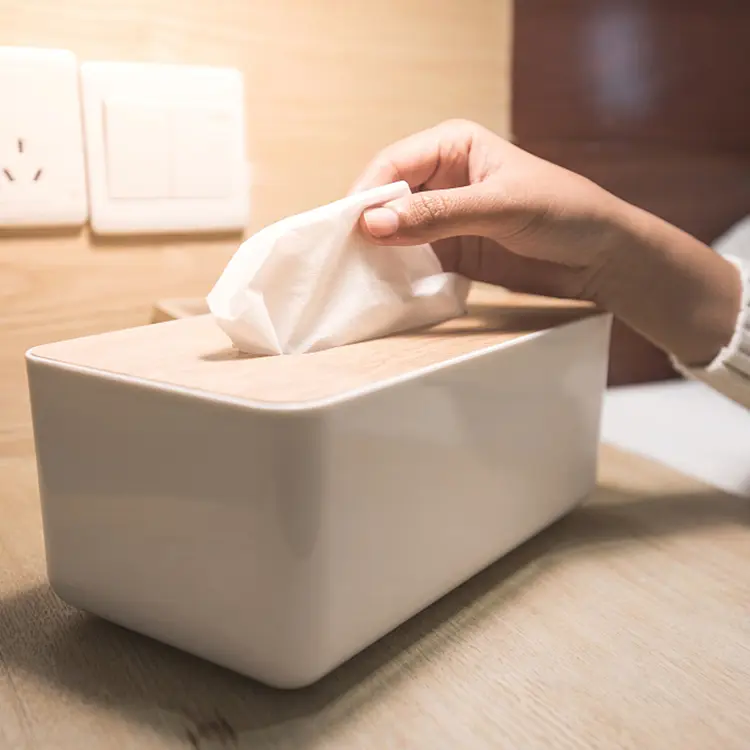Using Tissue Paper on the face is a matter of personal preference and specific circumstances. Tissue paper can be used for various purposes, such as blotting excess oil or sweat, wiping away tears or nasal discharge, or even applying makeup. However, there are a few things to consider: 1.Skin Sensitivity: Tissue paper may be rough and abrasive, particularly if it's of low quality. If you have sensitive skin, it's advisable to use a softer alternative, such as Facial Tissue Paper or cotton pads, to avoid irritation.

2.Hygiene: Ensure that the tissue paper you use is clean and free from any contaminants. Using a dirty or used tissue could introduce bacteria or other microorganisms to your skin, potentially leading to infections or breakouts. 3.Absorption Capacity: Tissue paper is designed to be absorbent, which can be useful for blotting excess oil or sweat. However, excessive wiping or rubbing may strip away natural oils from the skin, leading to dryness or irritation. It's best to use gentle, patting motions instead of aggressive rubbing. 4.Skincare Products: If you're using tissue paper in conjunction with skincare products, be cautious. Some tissues may contain chemicals or fragrances that could react with your skincare products or cause skin sensitivities. It's important to read the packaging or opt for fragrance-free and hypoallergenic options.

Ultimately, whether or not you should use Tissue Napkin on your face depends on your specific needs and skin type. If you have any concerns or experience adverse reactions, it's recommended to consult with a dermatologist or skincare professional for personalized advice.








